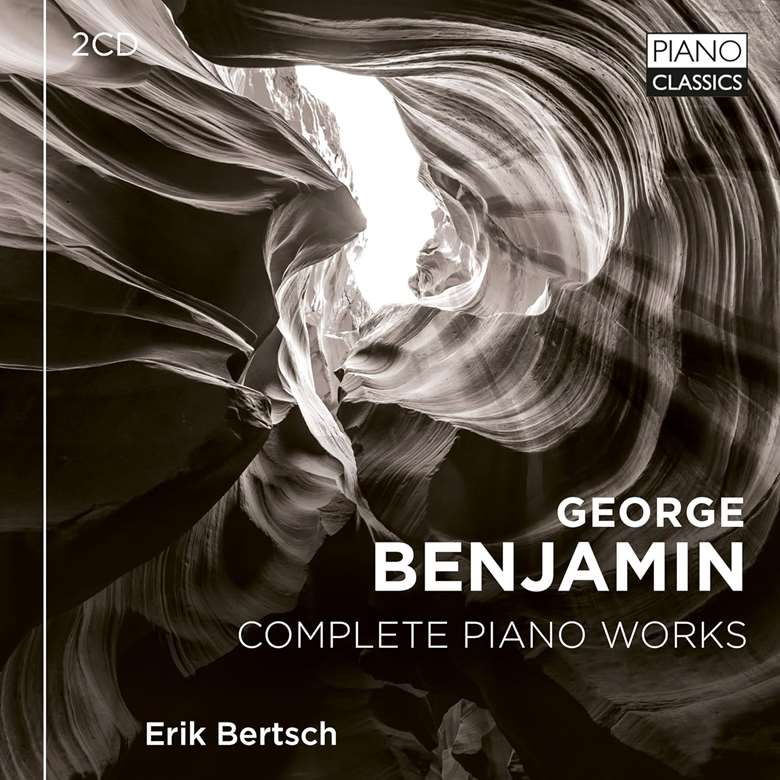Review - G Benjamin: ‘Complete Piano Works’ (Erik Bertsch)
Richard Whitehouse
Friday, August 30, 2024
Having this body of work in a single collection has its own justification, and no one – not least those who have heard him play Marco Stroppa (Kairos) – could doubt Bertsch’s expertise or dedication

It scarcely seems almost 45 years since the then Cambridge undergraduate George Benjamin came to prominence – the gradual evolution of his idiom evident throughout his complete (to date) piano works, which, as Paolo Petazzi notes, emerged during the earlier 1980s and 2000s.
The exception is the Piano Sonata (1978). Somewhere between Messiaen and wilder urgings of the avant-garde, its obliquely Classical design freely develops motifs heard near the outset to what is less a logical culmination than a defiant leave-taking. This remains a forceful statement of intent but, already in Sortilèges (1981), Benjamin has focused his ideas so an audibly systematic trajectory results. Published as a group, the Three Studies work just as well separately: the rhythmic profile of ‘Fantasy on Iambic Rhythm’ (1985) gives rise to some ingenious elaboration, while the subdued rumination of ‘Meditation on Haydn’s Name’ (1982) and the uninhibited verve of ‘Relativity Rag’ (1984) afford pointed contrast.
The methodical reappraisal to which Benjamin subjected his thinking in the mid-1990s bore fruit pianistically only in Olicantus, an affectionate tribute to Oliver Knussen on the eve of his 60th birthday, and the much more extensive Shadowlines (both 2001). Benjamin’s most significant piano work consists of six canonic preludes whose intricacy provides the formal framework for their respectively quixotic, playful, aggressive and eloquent personas, framed by a prologue and epilogue in this sequence of audible ‘unity within diversity’. Music for young pianists might suggest lesser ambition but Piano Figures (2004) is constantly absorbing, its 10 precisely realised miniatures no less effective heard individually or in sub-groups. Opera has since dominated Benjamin’s output, but the piano-writing in Duet (for piano and orchestra, 2008) suggests a full-scale piano concerto would be an enticing proposition.
On the evidence of this album, Erik Bertsch would be well equipped to play Duet. His incisive pianism never draws attention away from the perceptiveness of his readings. Almost all these works have been recorded by the composer during his lengthy association with Nimbus, while Shadowlines has been recorded by Pierre-Laurent Aimard, its dedicatee (also Nimbus), and Sortilèges by Markus Bellheim (Jade) and Prodromos Symeonidis (Telos). Yet having this body of work in a single collection has its own justification, and no one – not least those who have heard him play Marco Stroppa (Kairos) – could doubt Bertsch’s expertise or dedication.
This article originally appeared in the Autumn 2024 issue of International Piano. Never miss an issue – subscribe today












